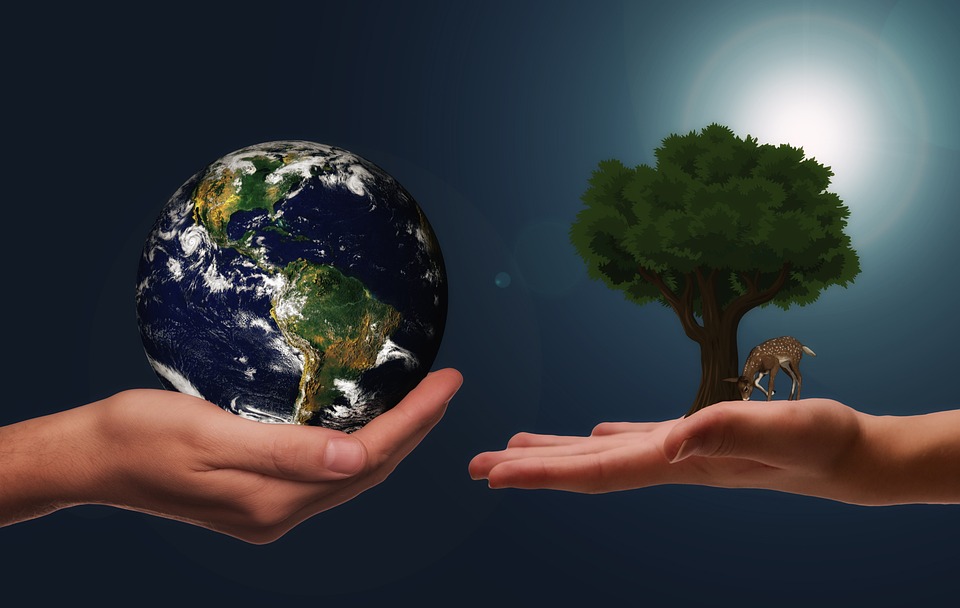Do Oil Spills Affect Climate Change? Understanding the Environmental Impact of Oil Spills on Climate and Ecosystems
Oil spills are catastrophic environmental events that not only cause immediate harm to marine ecosystems but also have long-term implications for climate change. This overview explores the various ways in which oil spills indirectly contribute to climate change, affecting greenhouse gas emissions, carbon sequestration, ocean temperatures, methane emissions, and overall ecosystem resilience.
1. Oil Spills and Greenhouse Gas Emissions
– CO₂ Release from Cleanup and Recovery Efforts: The processes involved in cleaning up oil spills, such as burning or disposing of the oil, release additional carbon dioxide (CO₂) into the atmosphere. This is exacerbated by the energy-intensive nature of recovery operations, which often rely on fossil fuels[1].
– Evaporation of Hydrocarbons: Some volatile components of crude oil evaporate into the atmosphere during a spill. This not only contributes to air pollution but can also lead to the formation of greenhouse gases like ozone, further exacerbating climate change[2].
– Lifecycle Emissions of Oil Production: Oil spills are part of the broader fossil fuel industry, which is a significant contributor to global greenhouse gas emissions. The extraction, refining, and transportation of oil involve numerous emissions that contribute to climate change[3].
2. Impact on Ocean and Coastal Carbon Sequestration
– Damage to Marine Vegetation: Oil spills can devastate critical carbon-sequestering ecosystems such as mangroves, seagrasses, and wetlands. These habitats play a vital role in storing carbon; their destruction leads to increased atmospheric CO₂ levels[1].
– Disruption of Phytoplankton and Marine Life: Phytoplankton are essential for capturing CO₂ from the atmosphere. Oil spills can kill these organisms, reducing the ocean’s capacity to sequester carbon and disrupting marine food webs[2].
– Loss of Coastal Ecosystems: Long-term contamination from oil can lead to the death of plants and soil organisms that naturally sequester carbon. This degradation increases CO₂ emissions over time as these ecosystems lose their ability to act as carbon sinks[3].
3. Effects on Albedo and Heat Absorption
– Darkening of Water Surfaces: Oil slicks darken ocean surfaces, which decreases albedo (the reflectivity of Earth’s surface) and increases solar energy absorption. This localized warming can disrupt marine ecosystems and contribute to broader climate impacts[2].
– Heat Absorption by Polluted Oceans: An oil-covered surface absorbs more heat than clean water, potentially raising local water temperatures. Elevated temperatures can affect marine life and contribute to changes in oceanic circulation patterns, further influencing climate systems[3].
4. Oil Spills and Methane Emissions from Marine Sediments
– Disruption of Methane Sequestration: Oil spills can disturb marine sediments that trap methane—a potent greenhouse gas—leading to its release into the atmosphere. This can significantly increase greenhouse gas concentrations[1].
– Disturbance of Benthic Ecosystems: Damage to benthic ecosystems (organisms living on or in the sea floor) from oil spills can disrupt natural methane sequestration processes, releasing stored methane from disturbed seabeds into the atmosphere[2].
5. Long-Term Environmental Damage and Climate Implications
– Impact on Biodiversity and Climate Resilience: Oil spills harm biodiversity, reducing ecosystems’ resilience to adapt to climate change. A less diverse ecosystem is often more vulnerable to further disturbances[3].
– Effects on Fisheries and Coastal Livelihoods: Affected fisheries may resort to more intensive farming practices due to diminished wild stocks, leading to additional environmental strain through overfishing and habitat destruction[1].
– Prolonged Environmental Recovery: Ecosystems affected by oil spills can take years or even decades to recover fully. During this recovery period, their ability to function as carbon sinks is severely compromised, contributing further to atmospheric CO₂ levels[2][3].
FAQs
– Do oil spills directly contribute to climate change? Yes, they release greenhouse gases during cleanup efforts and disrupt carbon-sequestering ecosystems.
– How does the cleanup of oil spills affect CO₂ levels? Cleanup operations often involve burning oil or using machinery powered by fossil fuels, both of which release CO₂.
– What is the role of oceans in carbon sequestration, and how do oil spills impact this? Oceans act as significant carbon sinks through phytoplankton photosynthesis and coastal vegetation; oil spills reduce their effectiveness.
– Do oil spills release methane? Yes, they can disturb sediments that trap methane, leading to its release into the atmosphere.
– How do oil spills affect climate resilience in coastal ecosystems? By harming biodiversity and degrading habitats, oil spills reduce ecosystems’ ability to adapt to changing climate conditions.
– Are there alternative cleanup methods with less environmental impact? Research is ongoing into less harmful cleanup methods that minimize ecological disruption.
– What ecosystems are most affected by oil spills? Coastal wetlands, mangroves, seagrass beds, and deep-sea environments are particularly vulnerable.
Conclusion
Oil spills have far-reaching consequences beyond immediate ecological damage; they indirectly contribute to climate change through increased greenhouse gas emissions, disruption of carbon-sequestering ecosystems, altered heat absorption patterns in oceans, and long-term ecological impacts that reduce resilience against climate change. Preventive measures, innovative cleanup technologies, and a transition toward renewable energy sources are essential for mitigating these environmental impacts.

Kyle Whyte is a notable scholar and professor at the University of Michigan, holding positions such as the George Willis Pack Professor in the School for Environment and Sustainability and Professor of Philosophy. Specializing in environmental justice, his work critically examines climate policy and Indigenous peoples’ ethics, emphasizing the nexus between cooperative scientific endeavors and Indigenous justice. As an enrolled Citizen Potawatomi Nation member, he brings a vital perspective to his roles as a U.S. Science Envoy and member of the White House Environmental Justice Advisory Council. His influential research is supported by various prestigious organizations including the National Science Foundation, and disseminated through publications in high-impact journals. Kyle actively contributes to global Indigenous research methodologies and education, with affiliations to numerous institutes and societies dedicated to traditional knowledge and sustainability. Recognized for his academic and community engagement, Kyle has earned multiple awards and served in various visiting professorships. His efforts extend to leadership positions on boards and committees focused on environmental justice nationwide.
